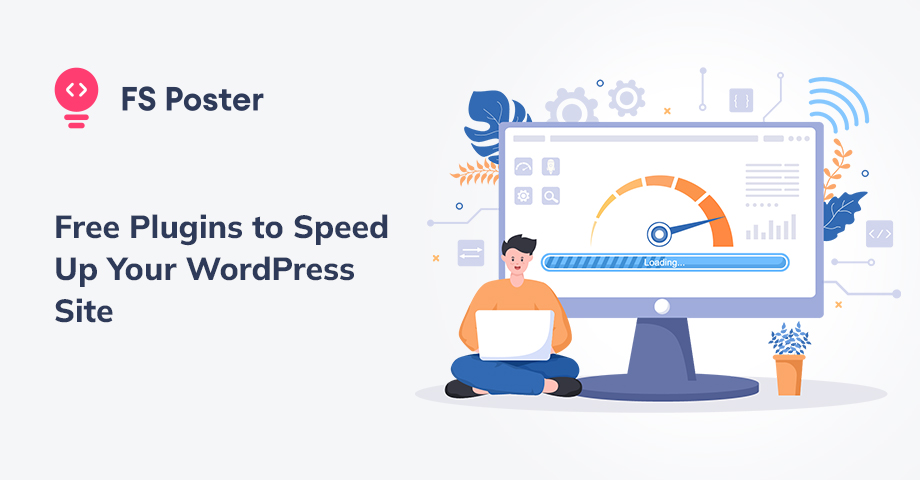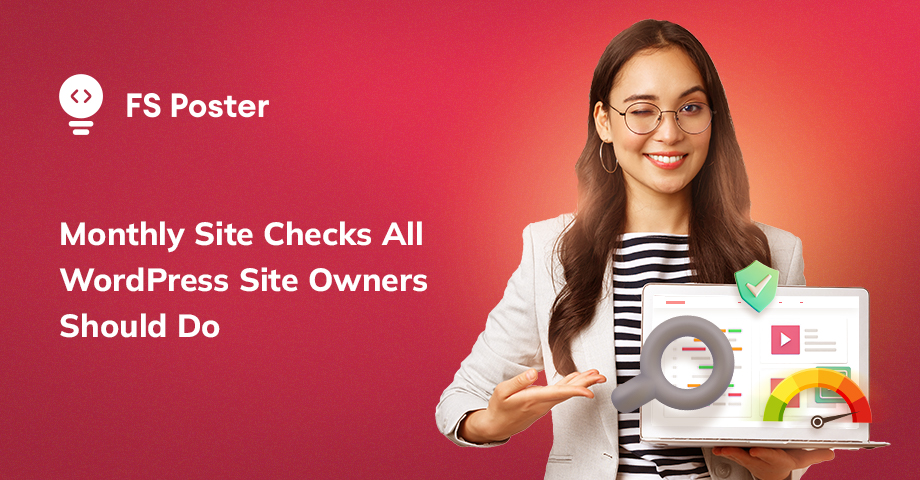
Laura Johnson
Author
WordPress is a great platform for building websites. However, like any platform, it requires regular maintenance to keep it running smoothly. In this article, we'll share the nine most important monthly site checks all WordPress site owners should do.
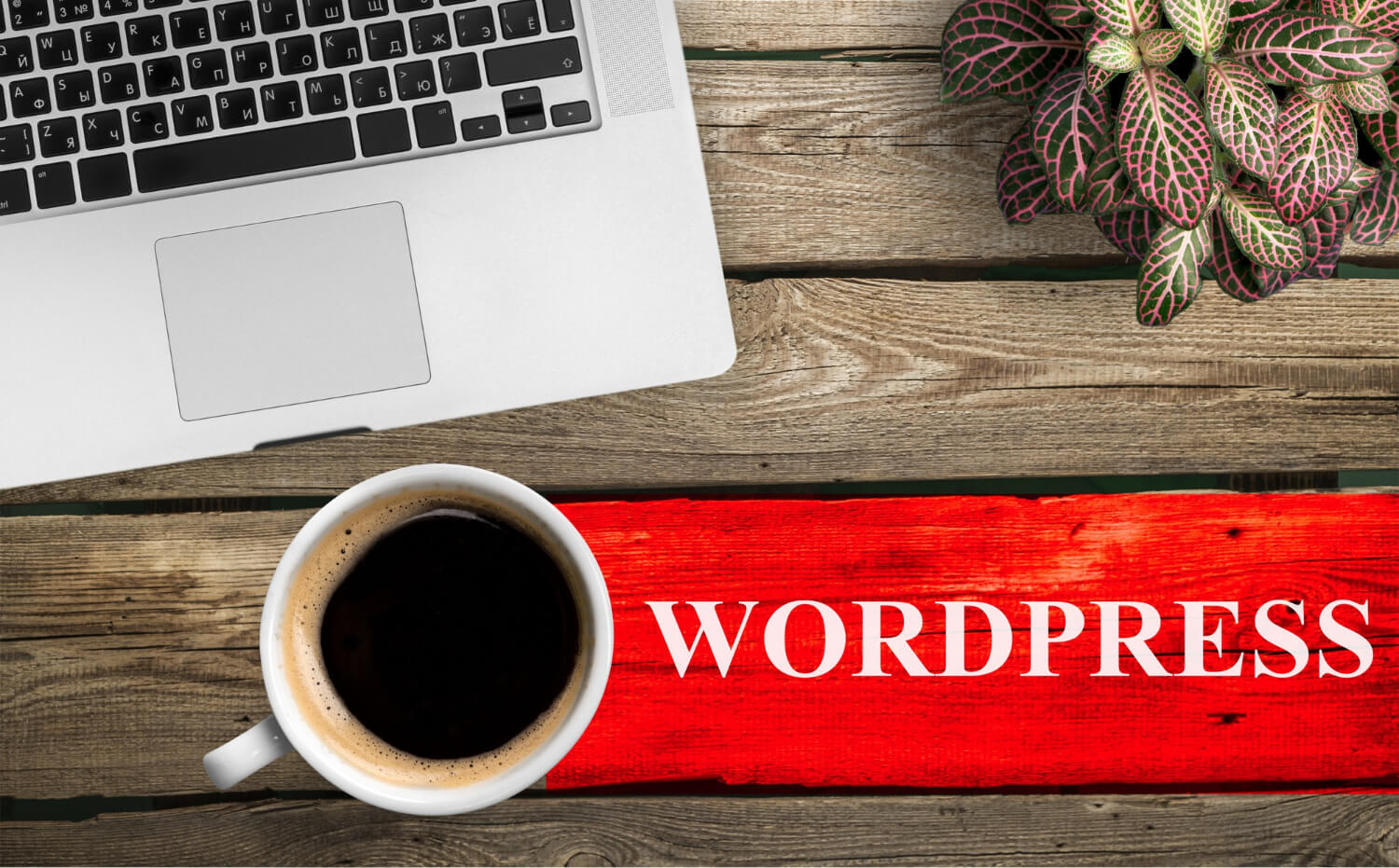
Check for WordPress and plugin updates
One of the most important things you can do to keep your WordPress site secure is to make sure that you're running the latest versions of WordPress and any plugins or themes you have installed. New versions of WordPress and its plugins are released regularly, and each new release includes security fixes for vulnerabilities that may have been discovered since the previous release. By keeping your site up to date, you can help protect it from being hacked or overwhelmed by brute force attacks.
To update WordPress, log in to your site's admin area and navigate to Dashboard > Updates. If any updates are available, you'll see a notice asking you to update. Simply click the Update Now button to install the latest version of WordPress.
If you have any plugins installed on your site, it's also a good idea to check for updates for those as well. Most plugin developers release new versions of their plugins regularly, and oftentimes these releases include security fixes. To update your plugins, navigate to Dashboard > Plugins and click the link to view all plugins that have updates available.
Monitor your site's traffic
All sites want more traffic, but it is important to monitor your site's traffic, and especially where it’s coming from. This will help you keep an eye on any unexpected spikes or dips in traffic, which could be an indication that your site has been hacked.
There are a few different ways you can monitor your site's traffic. One option is to use Google Analytics, which is a free service that provides detailed information about your site's traffic.
Another option is to use a WordPress plugin like Jetpack or WP-Minder, which will send you email alerts if there are any changes in your site's traffic. For enhanced accuracy and efficiency, integrating an Email Verification API with these plugins can help ensure that your email alerts are only sent to valid and deliverable addresses, reducing bounce rates and improving communication reliability.
Check your site's security settings
It's also a good idea to check your site's security settings on a regular basis. These settings can help you protect your site from being hacked, and they can also help you recover your site if it does get hacked.
To access your WordPress security settings, log in to your site's admin area and navigate to Dashboard > Security. Here you'll find a number of different settings you can use to secure your site.
Some of the most important security settings you should check are:
- WordPress Firewall: This setting helps to protect your site from being attacked by blocking malicious requests.
- Two-Factor Authentication: This setting adds an extra layer of security to your login process by requiring you to enter a code from your phone in addition to your username and password.
- Security Key: This setting adds a secret key to your login process, which helps to protect your account from being hacked.
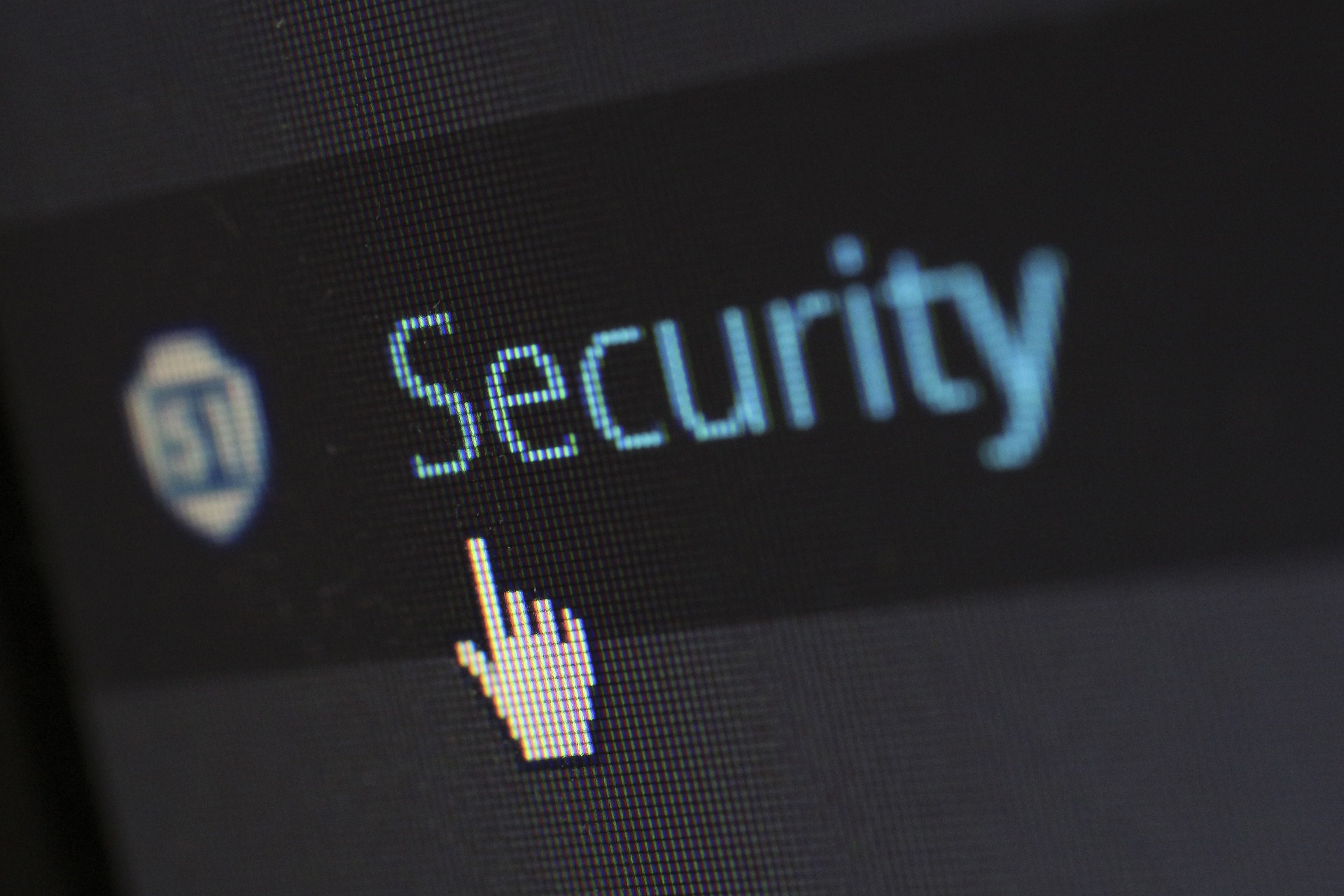
Scan your site for Malware
If you think your WordPress site may have been hacked, the first thing you should do is scan it for malware. Malware is a type of software that can be used to damage or take control of a website.
There are a few different ways you can scan your WordPress site for malware. One option is to use the Sucuri SiteCheck scanner, which is a free online tool that will scan your site for malware and other security threats.
Another option is to use a WordPress plugin like Malware Scanner or Anti-Malware, which will scan your site for malware and remove any malicious files that are found.
Check your site's backups
It's also a good idea to check your site's backups on a regular basis. This will help you restore your site if it does get hacked, and it will also help you avoid losing any important data if something goes wrong with your site.
There are a few different ways you can create backups of your WordPress site. One option is to use a WordPress plugin like BackupBuddy or WP-DB-Backup, which will create a backup of your site's database.
Another option is to use a service like VaultPress or CodeGuard, which will create a complete backup of your WordPress site.
Check your WordPress files for Malware
In addition to scanning your site for malware, you should also check your WordPress files for malware. This can be done using a tool like the Wordfence scanner, which is a free online tool that will scan your WordPress files for malicious code.
If you find any malicious code in your WordPress files, you should delete it immediately. You can also contact your hosting provider and ask them to perform a malware scan on their servers to ensure that your site is secure.
Update your WordPress site
One of the most important things you can do to keep your WordPress site secure is to keep it up-to-date. WordPress releases new updates on a regular basis, which include security fixes and other improvements.
To update your WordPress site, log in to your site's admin area and navigate to Dashboard > Updates. Here you'll see a list of available updates, and you can install them by clicking the "Install Updates" button.
It's also a good idea to set up automatic updates for your WordPress site. This will ensure that your site is always up-to-date, and it will also help to protect your site from being hacked.
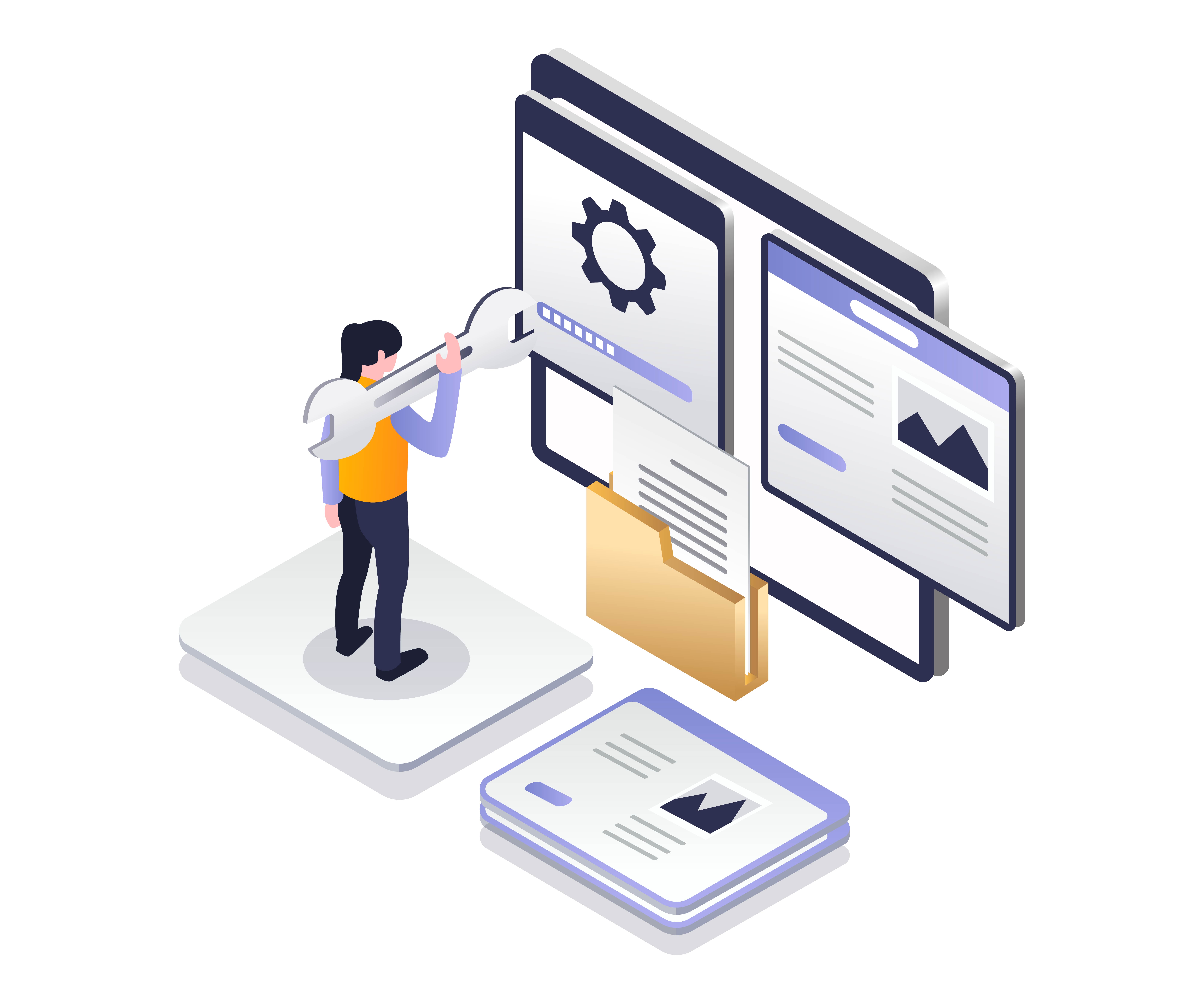
Delete unused WordPress themes and plugins
Another way to keep your WordPress site secure is to delete unused WordPress themes and plugins. These themes and plugins can often contain security vulnerabilities that can be exploited by hackers.
To delete a theme or plugin, log in to your site's admin area and navigate to Dashboard > Appearance > Themes or Plugins. Here you'll see a list of all the themes and plugins that are installed on your site.
To delete a theme or plugin, simply click the "Delete" link under its name. Once you've deleted all the unused themes and plugins, be sure to check for updates and install any that are available.
Disable directory browsing
Directory browsing is a feature that allows visitors to see a list of all the files and folders that are on your WordPress site. This can be a security risk, as it can give hackers a better idea of what they can target on your site.
To disable directory browsing, log in to your WordPress site's admin area and navigate to Settings > Reading. In the "Server Settings" section, find the setting for "Directory Browsing" and set it to "Disabled".
Conclusion
These are just a few of the most important monthly site checks all WordPress site owners should do. By performing these checks regularly, you can help to keep your WordPress site secure and avoid any potential problems.







